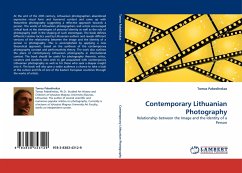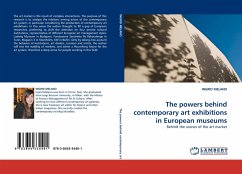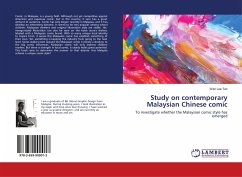At the end of the 20th century, Lithuanian photographers abandoned expressive visual form and humanist content and came up with featureless photography suggesting a reflective approach towards a person. The works of Lithuanian photographers and artists encouraged critical look at the stereotypes of personal identity as well as the role of photography itself in the shaping of such stereotypes. The book defines different creative tactics used by Lithuanian authors and reveals different versions of the relationship between the image and the identity of a person in photography. This is accomplished by applying a new theoretical approach, based on the synthesis of the contemporary photography concept and performativity theory. The work also outlines the place of contemporary Lithuanian photography in international context. The book should be useful for photography theorists, critics, curators and students who wish to get acquainted with contemporary Lithuanian photography as well as for those who seek a deeper insight into it. The book will also give a wider audience a chance to take a look at the culture and life of one of the Eastern European countries through the works of artists.
Bitte wählen Sie Ihr Anliegen aus.
Rechnungen
Retourenschein anfordern
Bestellstatus
Storno








